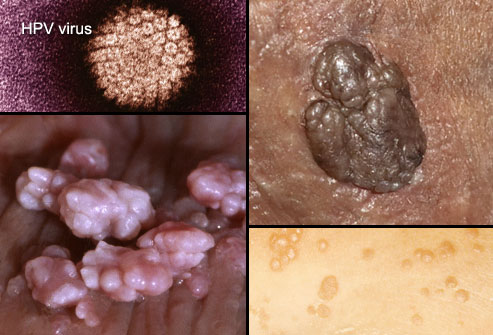Human papillomavirus (HPV) has over 100 different types, but only a few of them cause genital warts, while other types can cause cervical cancer.
HPV is among the most common STIs in the Philippines. There are people who are able to fight off the virus on their own, but there are some who will develop genital warts. If it goes untreated, women may develop cervical cancer or anal cancer, and men could get anal or penile cancer, or cancers of the head and neck later on.
How Do You Get It

HPV can be spread through oral, vaginal, or anal sex, and skin-to-skin contact with the infected areas of the person. Even without any visible warts or other symptoms, it can still be spread.
The HPV vaccine in the Philippines is available for everyone regardless of sex or gender, but doctors rarely mention it to young men.
What Are The Symptoms
Most people with HPV do not know that they have it because they don’t have symptoms. There may or may not be any visible symptoms, even for those who have the type that causes genital warts. Some may develop small bumps in or around the vagina, penis, or anus, and they may grow in bunches or clusters, and be itchy.
How To Test For It
Women can have a pap smear test administered by a healthcare provider to look for cervical abnormalities (pre-cancer or cancer). If you think you have warts, the doctor will use a bright light to look at your genitals for warts.
How To Get Rid Of It
HPV usually goes away on its own—sometimes warts as well. You can have your doctor remove these warts or take medicines if they do not go away on their own, or they are bothersome.
Even if these warts go away or are removed, the virus may still be on your skin and be spread to others.
If HPV goes undetected and untreated, it can develop into cervical cancer, which is the 2nd leading type of cancer among women aged 15 to 44 in the Philippines.
HPV can also infect areas that are not protected by a condom, so you may not be fully protected against HPV with just a condom. Getting the HPV vaccine is the best way to protect yourself, which has been proven effective in the Philippines.
Sources:
https://www.teensource.org/std/hpv-genital-warts
https://www.hpvcentre.net/statistics/reports/PHL.pdf?t=1559474177321



